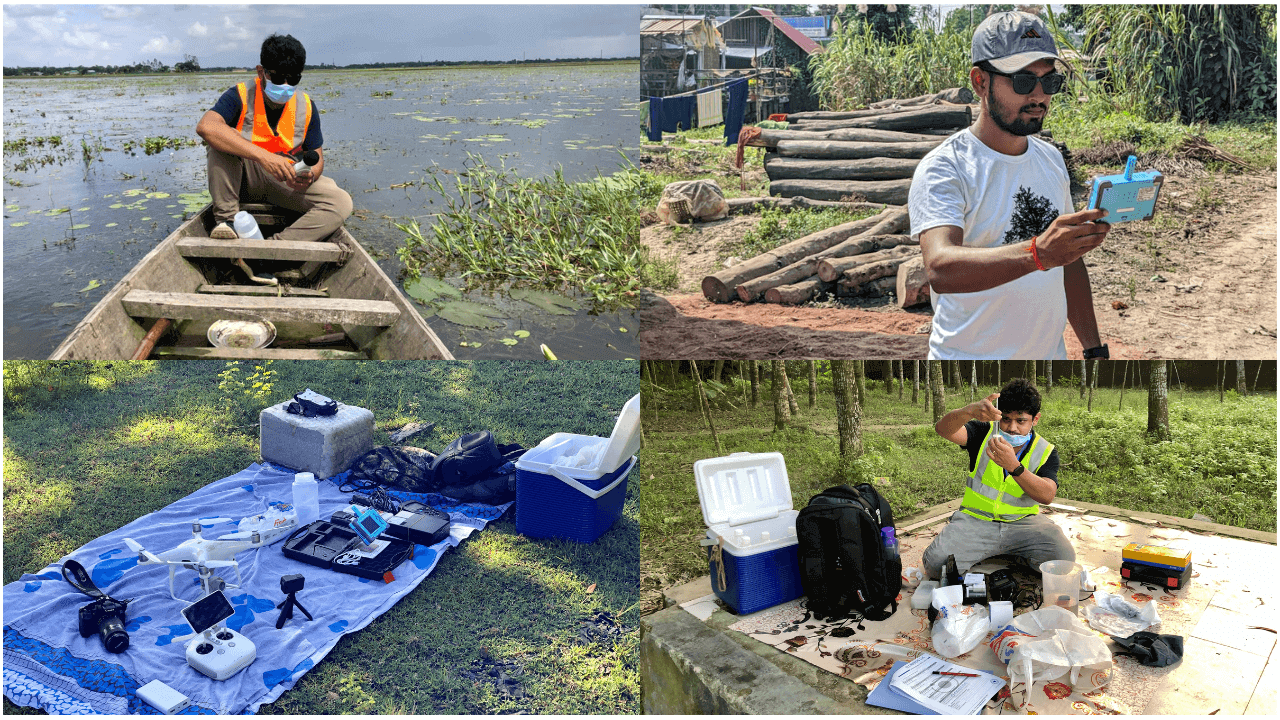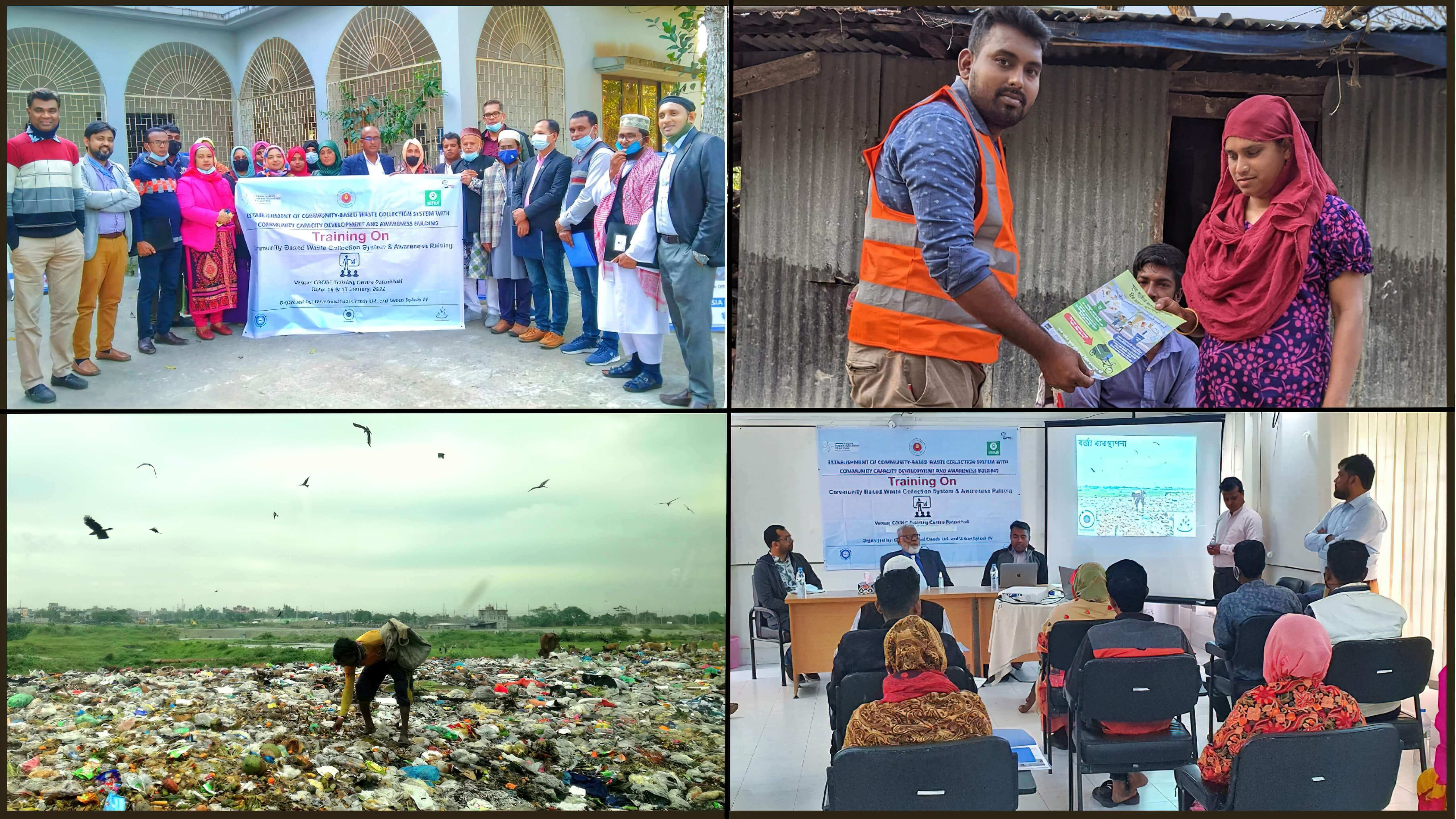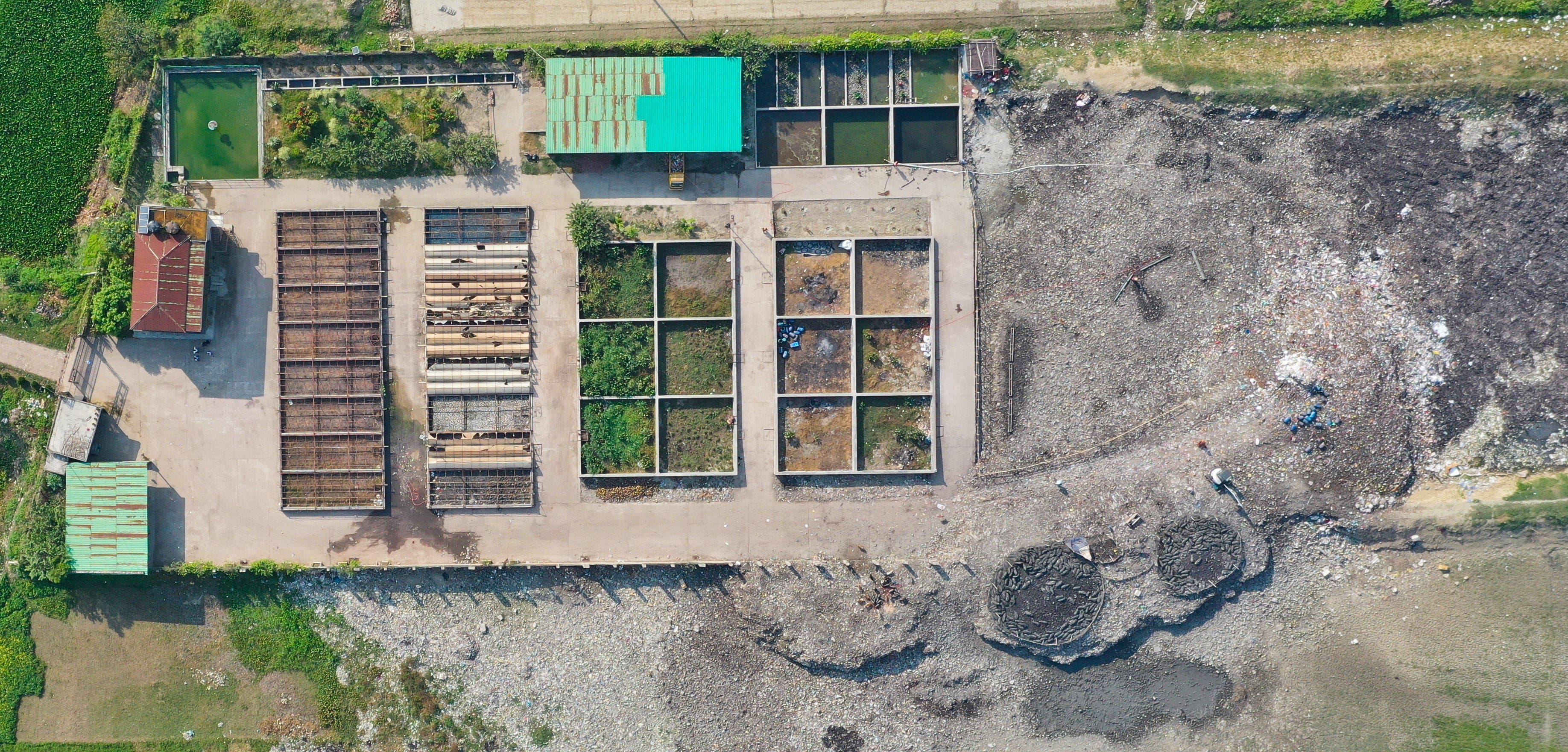Services Offered
- Home
- Offered Services
OUR SERVICES
- Engineering and Architectural Design
- Mathematical Modeling
- Environmental and Social Impact Assessment
- Climate Change Adaptation and Mitigation
Engineering and Architectural Design
Comprehensive planning for drainage, water supply, and sewerage systems
Structural and architectural design, including transportation infrastructure and hydraulic structures
Rainwater Harvesting (RWH), Fecal Sludge Management (FSM) & CWIS solution

Mathematical Modeling
Hydraulic and climate modeling utilizing tools: HEC-RAS, HEC-SMS, and SWMM.
Statistical analysis & GIS for inundation mapping and topographic studies.
Application of DELFT 3D and SLRS 2D modeling for enhanced urban planning.

Environmental and Social Impact Assessment
Execution of initial environmental evaluations and comprehensive environmental impact assessments.
Conducting social impact assessments alongside hydrology and morphology studies.
Development of solid waste management (SWM) plans and design of environmental treatment facilities (ETP, STP, WTP).
Monitoring of air quality, noise levels, and groundwater conditions.

Climate Change Adaptation and Mitigation
Assessment of climate change risks and formulation of adaptation strategies.
Implementation of technological innovations across health, education, and sanitation sectors.
Development of sustainable business models for local adaptation and agriculture.
Promotion of climate change mitigation efforts and renewable energy initiatives.
Establishment of robust monitoring and evaluation frameworks for adaptation and mitigation measures.








